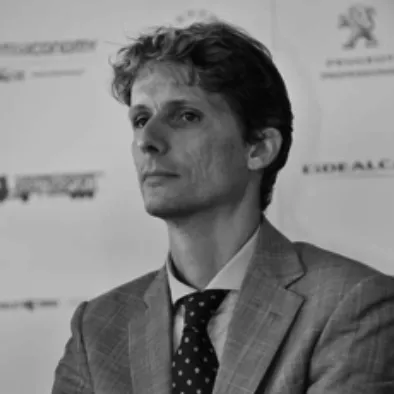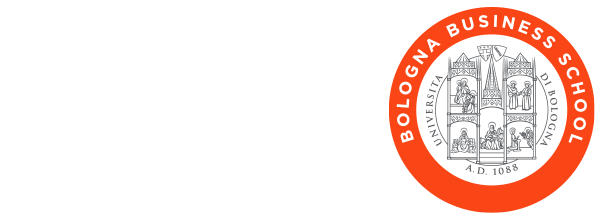Riccardo
Manzini

Italia Professore Ordinario di Logistica, Facility Planning e Ingegneria della Manutenzione Università di Bologna Core Faculty
Riccardo Manzini è attualmente Professore Ordinario di Logistica, Facility Planning e Ingegneria della Manutenzione presso l’Università di Bologna.
Riccardo, inoltre, è Direttore del “Warehousing Center” dell’Università di Bologna e Direttore del Food Supply Chain Center, che si occupa di tutte le criticità della supply chain dei prodotti deperibili.
Riccardo ha fondato la conferenza internazionale Food & Wine Supply Chain, presiedendo la prima edizione nel 2011 e fa parte della Core Faculty della Bologna Business School. Nello specifico, tiene il corso di Logistics and Supply Chain System nell’ambito dell’Executive Master Supply Chain and Operations.
È esperto di movimentazione e stoccaggio dei materiali, soluzioni automatizzate e modelli di ottimizzazione in sistemi produttivi complessi, ingegneria della manutenzione e dell’affidabilità, Industry 5.0.
Membro del Centro Interdipartimentale di Ricerca Industriale CIRI – Applicazioni Avanzate in Ingegneria Meccanica e Tecnologia dei Materiali, Rete Tecnopoli High Tech Regione Emilia Romagna.
Infine, Riccardo è Membro del comitato scientifico del programma PHD Mechanics and Advanced Engineering Sciences.
CORSI
This module delves into logistics and physical material flow management in modern industrial and service industry production systems, through discussion and analysis of problems and technical and managerial solutions to support the manager. Special attention is given to the topics of packaging and wrapping, intra-logistics and automated material handling solutions, management of goods storage systems, and the configuration and management of distribution networks. Topics are declined and discussed with special attention to the issues of digitization and environmental sustainability. The approach is based on the intensive use of exercises, case studies and learning-by-doing.
- Packaging and packaging for logistics and physical material flow management
- Internal logistics and material handling systems: from traditional systems to flexible automated systems
- Principles and solutions for goods storage: from the choice of technological solutions to the configuration and management of warehouses, including picking warehouses.
- Strategic configuration and management of distribution network (inbound and outbound): principles of network design, location of intermediate and final distribution centers, and stock allocation policies.
The design (redesign) and management of these processes, measuring and controlling their sustainability and environmental impact on man and the planet, are the new challenges of modern production systems. To face this challenge, it is necessary to rethink the production chains, moving towards a logic of circularity, where waste is eliminated and the waste of a production process becomes a second raw material of a subsequent production process.
The objective of the course is to introduce models and tools useful for analysing and controlling production and logistics processes with special attention to the circular economy and sustainability throughout the life cycle of a product, from the supply of raw materials to disposal.
In this context, the course intends to pursue the following results:
– To provide students with the key concepts of circular economy and the knowledge of the main processes characterizing sustainability in operations and in the supply chain (i.e. Green Purchasing, Green Manufacturing, Design for Sustainability, Reverse Logistics, Closed-Loop Supply Chain);
– Provide students with KPIs and tools for assessing sustainability and environmental impacts along a supply chain;
– Encourage the integration of sustainability tools and KPIs with those traditionally used in the planning and management of the Supply Chain and production processes.
This course focuses on the study of processes required to create value for a final consumer, through the contribution of a network of companies (generally labelled as “supply chain”). Basic as well as more advanced elements of supply chain structure and management, purchasing processes and supplier management will be analysed. Special focus will be devoted to concepts and applications of “digital supply chains.
